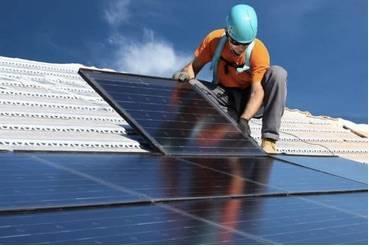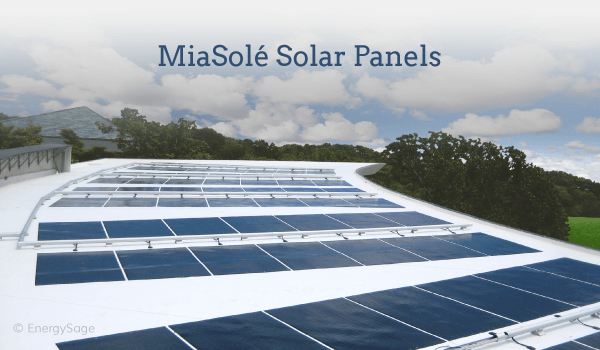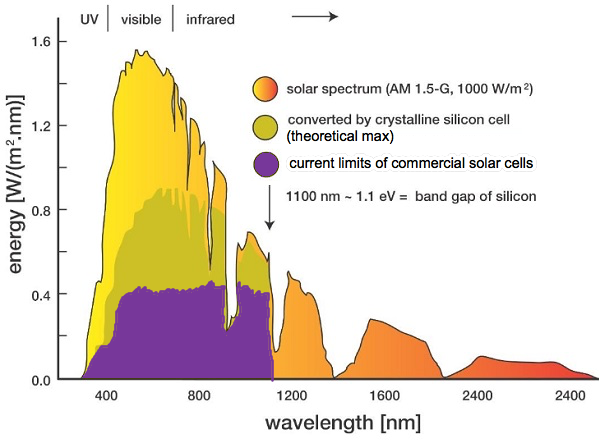In power plants silicon solar panels provide the necessary energy to boil water and produce steam that can rotate turbines to produce electricity.
How is the silicon used for manufacturing solar panels mind.
Currently over 90 of the current solar cell market is based on silicon.
These disks act as energy sources for a wide variety of uses including.
As a whole the solar industry from manufacturing all the way through sales and installation employed more than 250 271 americans in 2017.
Photovoltaic solar cells are thin silicon disks that convert sunlight into electricity.
The many applications of silicon solar panels are as follows.
If you re interested in getting the most climate friendly solar panels check out this post on the greenest solar panels.
Applications of silicon solar panels almost 90 of the applications of solar power use silicon solar panels for generating electric power.
The price you will pay for a solar panel heavily depends on not only all the equipment used in the installation of solar panels including inverters and mounts but also on the structure of your roof.
The major types of solar panels.
The basic component of a solar cell is pure silicon which has been used as an electrical component for decades.
Although the use of solar panels is green many solar panel manufacturing processes are not.
Covering a variety of the most popular brands our line of solar panels includes everything from 0 5w solar panels all the way up to large solar panels for grid tie solar systems including mono.
Most solarworld solar panels price range from 2 73 to 3 11 which is a somewhat affordable price when compared to other solar panels.
To create a solar panel caustic materials will emit greenhouse gases.
And for lighting pumping and medical refrigeration for villages in developing countries.
Calculators and other small devices.
Rooftop panels on individual houses.
Solar panels cells for the last twenty years we have been a world leader in solar system and panel sales.
There are three major types of solar panels.
Monocrystalline polycrystalline and thin film each type has its own unique advantages and disadvantages and the solar panel type best suited for your installation will depend on factors specific to your own property and desired system characteristics.










